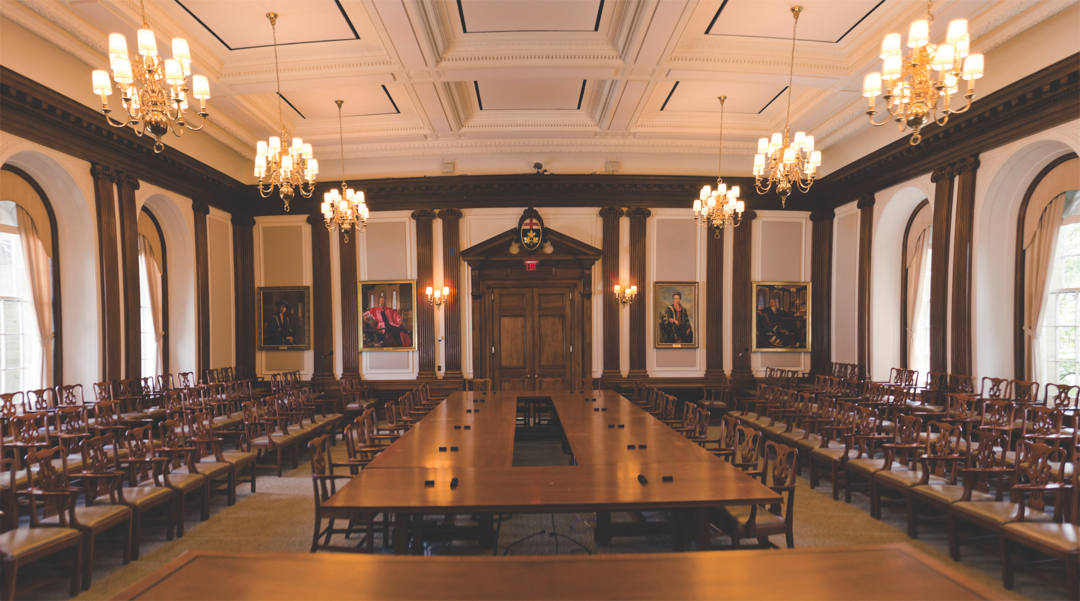Fee diversion
The University of Toronto Students’ Union (UTSU) is locked in a conflict with student groups on campus who want to divert their fees from the union towards their own student societies. Two years ago, Trinity College and members of the Engineering Society voted to leave the union; Victoria College also voted to leave, but was unable to achieve the necessary voter turn out. Some students consider the union’s election system to be unfair. Prior to this year’s election, an incumbent Canadian Federation of Students (CFS)-backed slate had been re-elected for 10 years in a row. This year’s election saw opposition candidate Pierre Harfouche elected vice-president, university affairs. Harfouche has long been a proponent of fee diversion, and his election is seen by many as a sign of a desire for change within the union.
Student Commons
The Student Commons is to be a student-run facility containing space for studying, clubs, and various other student activities. First proposed in the 1960s and funded by a levy approved in a 2007 referendum, the commons was expected to open in fall 2015. However, in light of the fee diversion controversy, the executive council of U of T’s Governing Council postponed the construction on the commons. Resuming the council’s discussion about beginning construction of the commons seems to rest on the resolution of the ongoing controversy in student politics.
Student Societies Summit
The Student Societies Summit was a year-long initiative by the university administration intended to facilitate discussion among campus organizations. The summit focused on fee diversion, the governance of student societies, and the Student Commons. It included a number of controversies: the University of Toronto Mississauga Students’ Union (UTMSU) left, citing both petitions from its members and concerns of its own. The UTSU also exited, citing the exit of the UTMSU and a survey of 1,200 undergraduate members. The summit faculty representatives released a report in May with seven recommendations, including increased involvement of the Governing Council and university administration in overseeing student societies. Many CFS-backed student unions have sent letters speaking out against the report, while some opposition student groups hold that the report has valid points, including a recommendation for stricter election regulations.
Provincial government funding
Ontario’s post-secondary education funding levels are the lowest in Canada, and the student-to-faculty ratio is the worst of any jurisdiction in the country. Since 2002–2003, both universities and colleges combined have seen a 36 per cent increase in enrolment. The Canadian Federation of Students-Ontario, Ontario Undergraduate Student Association, and Ontario Confederation of University Faculty Associations have all called on the provincial government to increase post-secondary funding. Although the Liberal budget included $500 million over 10 years to address deferred maintenance on Ontario’s campuses, it is unclear whether provincial government funding levels will change.
